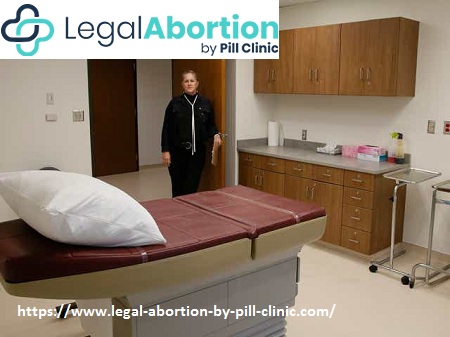If you think you might be pregnant and have questions about the start of the abortion pill, contact us and we will give you the answers you need to make an informed decision. Rescue does not provide or mediate abortion services, but provides compassionate support to women during pregnancy. Women's Choice performs and refers to abortions, including abortion pills and Plan B pills, in the United States. Abortion Clinic Orlando can offer you the best services regarding this.
At
Cornerstone Pregnancy Services, we can help you learn everything you need to
know about the abortion pill reversal procedure and where you can get the help
you need in your local community. If you are seeking an abortion pill reversal,
your goal is to begin the protocol by taking the first abortion pill,
Mifepristone, also known as RU-486. Abortion Clinic Tampa offers so-called "treatments" that can stop the
already begun drug abortion. We are at your disposal for any questions that may
be as simple as providing you with a protocol for reversing the abortion pill
or offering you continued care.
If
you are taking progesterone to reverse the abortion pill, the goal is to
balance the effects of mifepristone so that it no longer contains progesterone
so that your uterus can continue to prepare a safe environment for pregnancy.
There is still a chance that you can save your pregnancy if you do not take the
second abortion pill and also decide against progsterone treatment to reverse
your abortion. If you change your mind after you take the abortion pill, then
there is no chance that you will be saved from pregnancy, but you are still
able to save the pregnancy by starting the abortion process and changing your
mind.
If
you are considering taking the abortion pill, there are some critical questions
you must have answered first. The biggest question everyone wants to know about
the side effects of the abortion pill is, "Does abortion hurt?"
The
name 'abortion pill' is a little misleading, because it actually refers to two
different drugs used to terminate a pregnancy. The abortion pill is actually
made up of two types of pills, mifepristone and misoprostol, which are usually
taken one after the other. They can trigger pregnancy - and cause side effects
such as nausea, vomiting, diarrhoea and vomiting.
The
abortion pill is FDA-approved until a woman is seven weeks pregnant, which is
the same as five weeks after conception. Progesterone is used in abortion
because doctors have been using it during pregnancy for 50 years.
If
you or someone you know has taken the first dose of the abortion pill, only to
regret the decision and reverse the process, visit www. If you have changed
your mind about your pregnancy or are not sure whether you will continue with
the abortion pill, your first step is not to take the second abortion pill,
misoprostol. Make sure you are taking contraception with back-up medications
and do not take any second medication if you want the pregnancy to continue.
You may become pregnant again after taking the abortion pill and must contact
the "Abortion Pill Rescue" hotline to increase your chances of
successful abortion withdrawal.
To get the best services and treatment, visit Abortion Pill Clinic.












